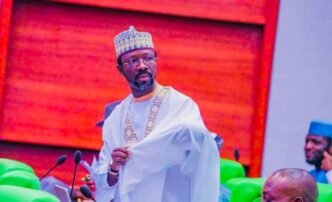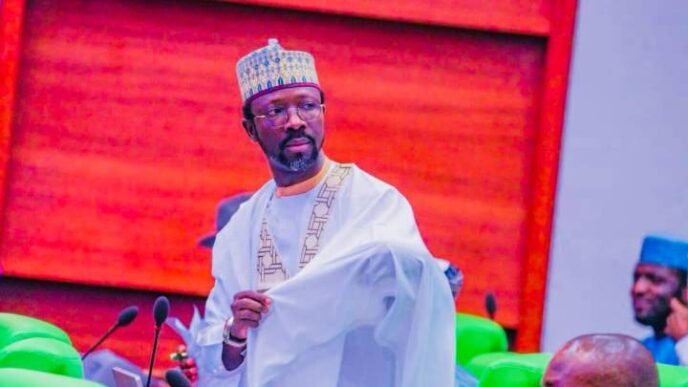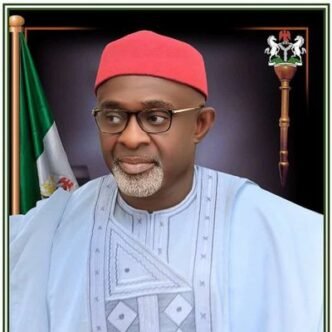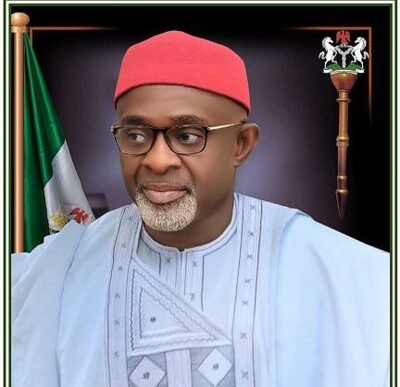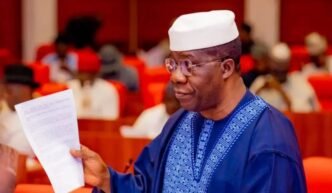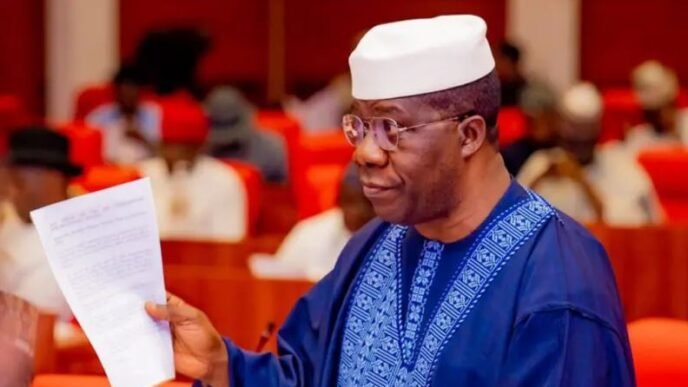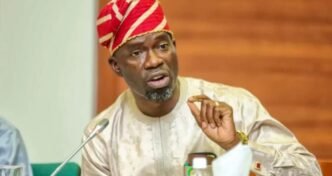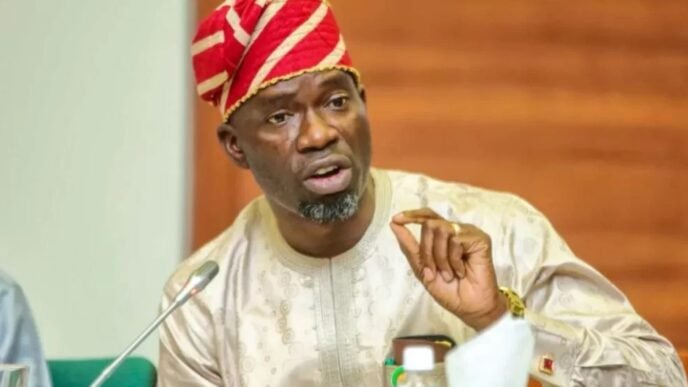The Nigerian House of Representatives has introduced a significant constitutional amendment bill, titled the “Constitution of the Federal Republic of Nigeria, 1999 (Sixth Alteration) Bill, 2025 (Creation of Ose State)” (HB.2448). Sponsored by Hon. Ifeoluwa Ehindero, who represents the Akoko North East/Akoko North West Federal Constituency. The bill seeks to alter the 1999 Constitution to establish a new state named “Ose State.”
Objectives of the Bill
The primary goal of the bill is to create Ose State, with Ikare-Akoko proposed as its capital. The establishment of a new state is seen by supporters as a way to enhance local governance and representation.
Legislative Process
The bill has successfully passed its First Reading, marking the formal introduction of the proposal to the House of Representatives. This initial step is part of a multi-stage legislative process that will involve a Second Reading, committee reviews, and votes in both the House of Representatives and the Senate.
Controversy Surrounding the Proposal
The proposed bill has sparked considerable controversy, particularly concerning the proposed location of the state capital. Stakeholders from the Owo and Ose Local Government Areas in Ondo State have expressed strong opposition to the bill. Critics argue that they were not adequately consulted prior to the bill’s introduction. They view the proposal to designate Ikare-Akoko as the capital as a significant affront to their historical and political significance, advocating instead for Owo, the former administrative headquarters of the Owo Division, to serve as the capital if the new state is established.
In response to their concerns, opponents have formed a Joint Action Committee to address what they consider both procedural and substantive issues related to the bill.
Requirements for Approval
As a constitutional alteration bill, the creation of Ose State requires a two-thirds majority vote in both the House of Representatives and the Senate. Additionally, it must be approved by a resolution from at least two-thirds of the State Houses of Assembly across Nigeria.
As the legislative process unfolds, the future of the Ose State creation bill remains uncertain, with stakeholders closely monitoring developments and continuing to voice their concerns.




